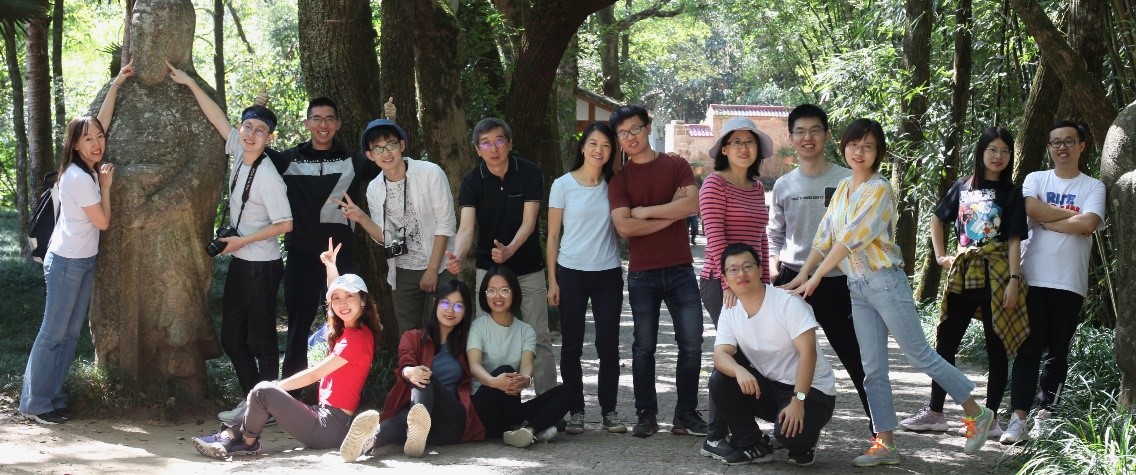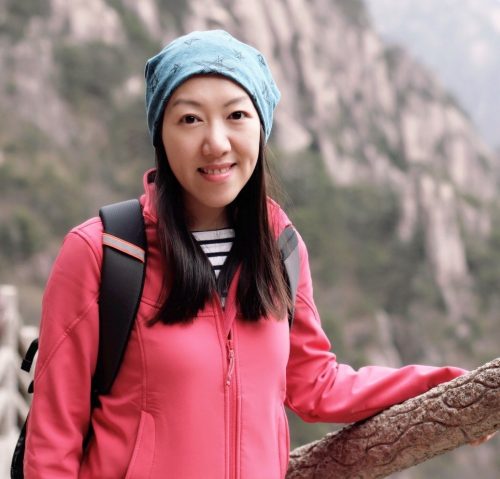Lockdown in Shanghai
Posted by the Node, on 13 May 2020
This piece recently featured on The Company of Biologists’ WeChat Channel. For more information about our efforts to engage Chinese researchers, read Annabel Nicholson’s post from last month.

Dr Yi Zeng is a member of the Development Editorial Advisory Board and her lab at the Shanghai Institute of Biochemistry and Cell Biology studies adult stem cells in various organ systems. Dr Cissy Yu is a Research Associate in the Zeng lab. Her research on vascular endothelial stem cells focuses on understanding their cellular behaviour and molecular dynamics during physiological development, as well as pathological progression.

Here, Cissy gives a personal account of how the lab navigated lockdown in China:
“Back in mid-January 2020 we were all excited about the upcoming Spring Festival break. Our lab traditionally celebrates a year’s hard work with an annual party, before travelling home for 2 weeks to reunite with our families across China. Everyone was glowing and cheerful during the party dinner as life carried on without concern.
A few days into the holiday, the escalating COVID-19 crisis led to the nationwide lockdown. On Chinese New Year’s Eve my close medical doctor friend told me she had volunteered to go to Wuhan. I rushed to give her my supply of N95 masks, and hugged her goodbye with feelings of worry and admiration.
Throughout lockdown our lab WeChat group was flooded with updates, news, safety, and jokes on what staying home meant or words to lift spirits. We shared confusion, frustration, sorrow, joy and enlightenment. We felt even more connected even though we were apart.
When we were told that we could not return to work for almost two months, we realized we had to figure out how to continue with lab maintenance. Our institute announced strict campus access only for healthy personnel without recent travel history. A small group of us managed to support the ongoing animal experiments originally conducted by other lab members, so that their year-long experiments wouldn’t be wasted.
We had uncertainty and confusion on whether liquid nitrogen could be filled, whether the CO2 tank would be delivered in time, whether cell culture reagents would be out of stock, whether there would be alternative approaches? We had to make hard decisions.
Students who had their thesis defence scheduled for after the holiday or those in the middle of a paper rebuttal were most affected. Fortunately, the science community around the world has been very kind and remarkably supportive in all ways. We received warm encouragement and gracious extension, which also greatly relieved our stress.
My friend safely returned home last week and our lab is gradually reviving. Nevertheless, wearing masks, extensive hand washing and regular temperature checks have become the new norms.
The rest of the world is now where we were two months ago. My blessing goes to those who suffered.”


 (3 votes)
(3 votes)